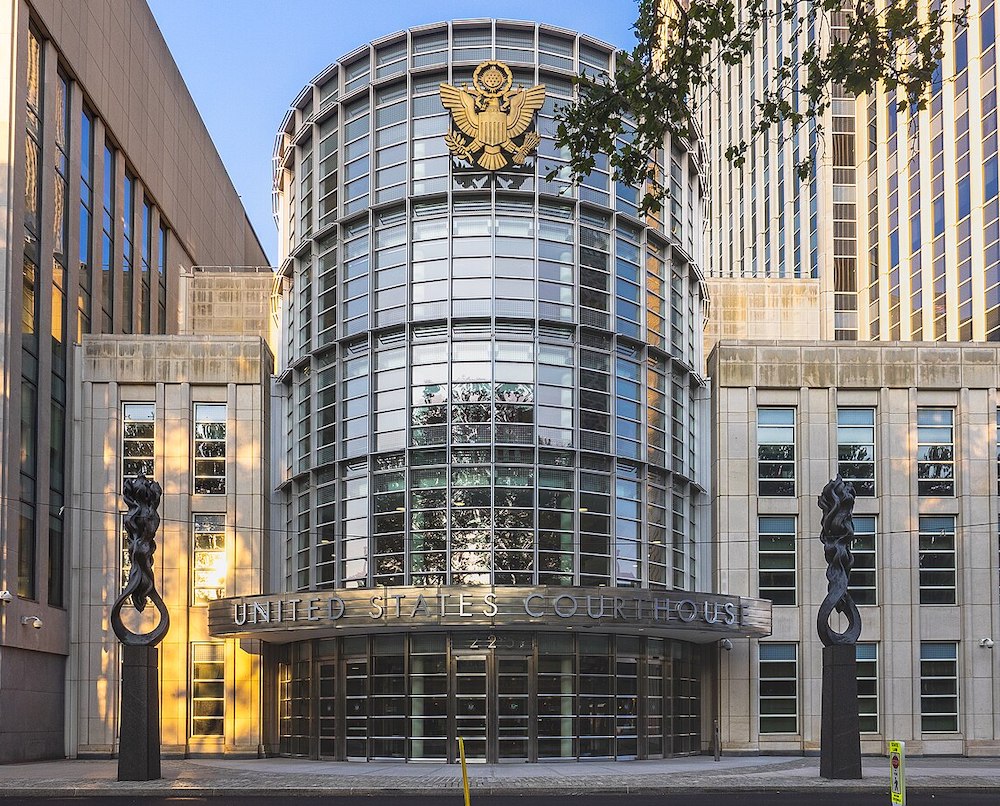
- Details
- By Chez Oxendine
- Policy and Law
A federal judge has ruled against three members of the Shinnecock Indian Nation who sought recognition of aboriginal fishing rights in Shinnecock Bay, holding that New York’s conservation regulations on American eel are “valid, reasonable, and nondiscriminatory.”
In a decision issued Oct. 3, U.S. District Judge Gary R. Brown granted summary judgment to officials with the New York state Department of Environmental Conservation and other defendants, denying the Shinnecock plaintiffs’ request for relief. The court found that even if aboriginal rights once existed, they were extinguished by colonial-era land sales and royal proclamations.
The plaintiffs - David T. Silva, Gerrod T. Smith, and Jonathan K. Smith - sought recognition of aboriginal fishing rights in New York waters and asked the court to bar state interference. Brown ruled that New York’s regulations governing American eel are reasonable and nondiscriminatory conservation measures.
Those measures fall under the “conservation necessity doctrine,” Brown wrote, which permits states to impose reasonable, nondiscriminatory conservation rules on tribal hunting and fishing rights. The doctrine was first established in the U.S. Supreme Court's 1968 decision in Puyallup Tribe v. Department of Game of Washington and reinforced in subsequent cases in 1975 and 2019.
“Maintaining the eel population, and by extension ensuring the survival of other fish, mammals, and birds, benefits recreational and commercial fisheries, which provide employment opportunities and play a vital role in numerous industries,” Brown wrote. “Plaintiffs do not dispute that the state applies these regulations in a nondiscriminatory manner. Accordingly, the conservation necessity doctrine requires that the Court grant summary judgment for defendants.”
Because the conservation measures apply to everyone, they are not discriminatory, and thereby trump aboriginal fishing and hunting rights, Brown wrote. A prior case — New York v. Shinnecock Indian Nation, 2007 — suggested that ancestral title in Shinnecock Bay was lost in 17th-century land sales, leading Brown to conclude the rights were forfeit regardless.
The Shinnecock’s options for taking the case to a higher court may be limited, as on the same day Brown’s opinion was published, the Supreme Court declined to hear a similar case brought by another New York tribe, the Unkechaug Indian Nation.
The case began after the Unkechaug argued that a 1676 agreement, known as the Andros Order, protected their right to fish freely. A federal judge rejected that claim in 2023, finding the order was not federal law and did not override state regulations. The Second Circuit Court of Appeals affirmed the decision earlier this year.
By declining to hear the case, the Supreme Court leaves the lower court rulings in place.
